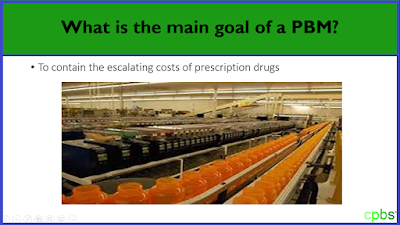Kevin O’Leary, who appears regularly on Shark Tank, doled out some good advice during a recent interview with CNBC. If you aren’t familiar with the television network show Shark Tank, check your pulse. In 1999 Kevin sold his software company to the Mattel Toy Company for a staggering 3.7 billion dollars, one of the largest deals ever done at that time in the consumer software industry.
To keep his money working hard, Kevin took control of his wealth from money managers and founded his own mutual fund company, O’Leary Funds. During this economic downturn, O’Leary offered sage advice for businesses.
- O’Leary advises businesses need to be smart about spending money
- Keep your overhead low. Try and keep the best employees around you because you’re gonna need them one day,” O’leary says
- Lower your expectations and stay lean and mean and don’t spend money on stuff you don’t need.
- This is a time to really practice being thrifty, says O’Leary
- According to O’Leary, one third of the crap you buy for yourself you don’t need…So put that lesson to work when it comes to your business too
Self-funded employers are spending insufferable sums of money on PBM consultants and vendors who help contain pharmacy plan costs. In some cases, these consultants and vendors charge higher fees than the PBM’s gross profit on a per client basis. PBM consultants and cost-containment vendors exist only because non-fiduciary PBMs have learned how to leverage the buying power of unsophisticated plan sponsors to their financial advantage.
To that end, PBM consultants and cost-containment vendors are necessary when dealing with a PBM whose business practices are opaque. What if the PBM is fiduciary and always acts in the employers best interests? Are these consultants or vendors and the fees associated with their services still necessary? I say no.
The business models of PBM consultants are often predicated on the bad actor PBM. There are no problems associated with pharmacy costs a PBM consultant or third-party vendor can solve that a PBM, if it so chooses, can’t itself solve for self-funded employers. These consultants thrive because far too many PBM revenue models are opaque leaving self-funded employers in the dark as to how much you actually pay a PBM for the services it provides.
Additionally, some PBM consultants will not recommend a fiduciary PBM to their clients because it is not in the consultant’s best interest. There is nothing to advise on when the PBM is a fiduciary, for instance. A radically transparent or fiduciary PBM service inherently results in significant cost savings due to the elimination of all hidden cash flows and full disclosure of details important to plan sponsors. Be careful though, like beauty, transparency is in the eye of the beholder.
Over the last decade or so, I’ve noticed self-funded employers throwing cash at their pharmacy problems. There are better options available to self-funded employers for reducing pharmacy costs. Most of them center around better decision-making in house. The best proponent of transparency is informed and sophisticated purchasers of PBM services.
The purchaser needs to understand not only what they want to achieve in their relationship with their PBM but also the competitive market and their ability to drive disclosure of details on services important to them. Assessing transparency is more effectively done by a trained eye with personal knowledge of the purchaser’s benefit and disclosure goals.
PBM consultants and third-party cost containment vendors return a negative ROI when the PBM is fiduciary. During economic downturns frugality is paramount. Self-funded employers must be smarter about spending money on services to reduce pharmacy costs. Like Kevin did with his wealth, take control of your pharmacy benefit. Award your next contract to a fiduciary-model PBM and you won’t need a PBM consultant or other third-party vendor to help reduce pharmacy costs. Afterall, the primary responsibility of a PBM is too contain its clients costs. Don’t let anyone tell you different.
